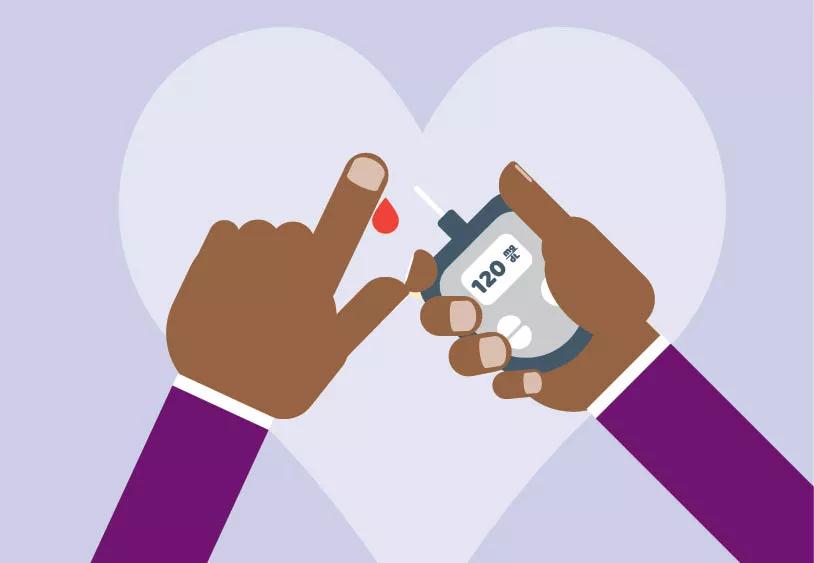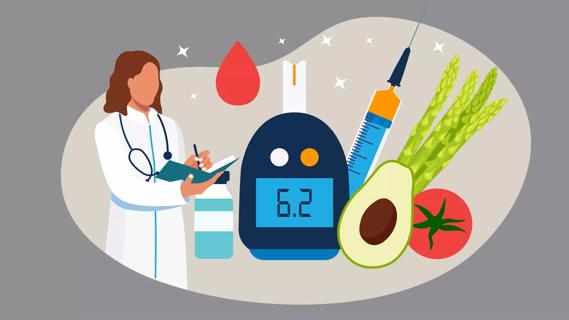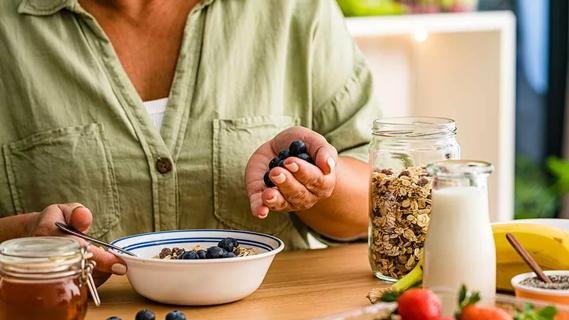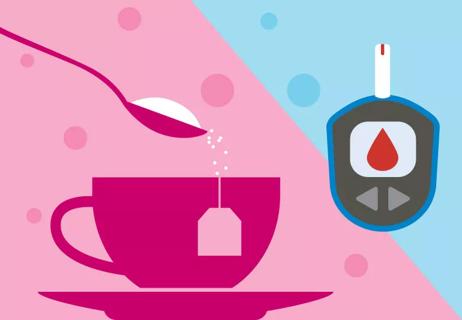When symptoms are muted, listen closely to your body

If you have diabetes, you likely know that it sometimes causes neuropathy, or nerve damage. But you may not realize that diabetes-related neuropathy can sometimes mask the signs of heart disease or cause you to miss important symptoms of a heart attack.
Advertisement
Cleveland Clinic is a non-profit academic medical center. Advertising on our site helps support our mission. We do not endorse non-Cleveland Clinic products or services. Policy
More than two-thirds of people with diabetes will end up having some form of neuropathy. The most common type is peripheral nerve damage, which creates numbness, tingling or weakness in your hands and feet.
But there’s another, more serious type that can damage the nerves that lead to your heart, bladder, intestines and blood vessels — autonomic neuropathy. “When this occurs, the body is sometimes unable to regulate functions like urination or feel sensations like pain in these areas,” says registered diabetes nurse, Susan Cotey, RN, CDCES.
This is especially concerning if you have diabetes. Not only are you at higher risk for neuropathy, but you’re also more likely to have heart disease. If the neuropathy dulls the nerves leading to your heart, you may not notice symptoms of heart disease such as chest pain.
Here’s what you need to know.
If you have diabetes, get in tune with your body. Learn to listen closely and act on what it’s telling you.
If you have any symptoms of a heart attack, report them to your doctor immediately. Don’t wait to see if the pain goes away. “For instance, indigestion that doesn’t pass quickly is sometimes a sign of a heart attack,” says Cotey.
Make sure to visit your doctor for regular checkups, too. Annual tests can reveal a problem before symptoms occur. Early treatment can reduce the likelihood that small issues turn into larger ones.
Advertisement
If you have neuropathy, symptoms that might be very apparent in someone else are not as noticeable for you. Watch for any of these signs of a possible heart attack:
You can’t always avoid neuropathy, but lifestyle changes can help reduce your risk even if you have diabetes.
Keeping your blood glucose levels in a healthy range is extremely important. You can do this by maintaining a healthy weight, getting regular exercise and eating a healthy diet. Also, avoid smoking and limit your alcohol intake.
If you think you may have autonomic neuropathy, watch for these symptoms:
If you have any of these symptoms, see your doctor right away. Getting an early diagnosis and treatment can help slow nerve damage and repair problems. Treatment options for neuropathy may include:
If you have Type 2 diabetes, have your doctor screen you annually for autonomic neuropathy. If you have Type 1 diabetes, the American Diabetes Association recommends annual screenings starting five years after your diagnosis.
Advertisement
Learn more about our editorial process.
Advertisement

Hot, humid weather can affect your blood sugar levels and even cause dehydration or heat stroke

The good news? Prediabetes can be erased with healthy lifestyle changes, including eating more nutritious foods

Fresh or frozen fruits that are low on the glycemic index should be your go-to, as they’re full of fiber and other nutrients

Adding nuts like pistachios, almonds or pecans to your diet can help manage blood sugar levels

A diabetes diagnosis, new or long-standing, can trigger reactions like grief, stress, depression and frustration, but symptom relief and help are available

The short answer: Yes, but you need to eat it in moderation and keep track of how much you consume

Sweet potatoes are great, but sweetened drinks aren’t so great

Some sweeteners may have health risks, so it’s best to keep your intake moderate

Wearing a scarf, adjusting your outdoor activities and following your asthma treatment plan can help limit breathing problems

Your diet in the weeks, days and hours ahead of your race can power you to the finish line

When someone guilt trips you, they’re using emotionally manipulative behavior to try to get you to act a certain way